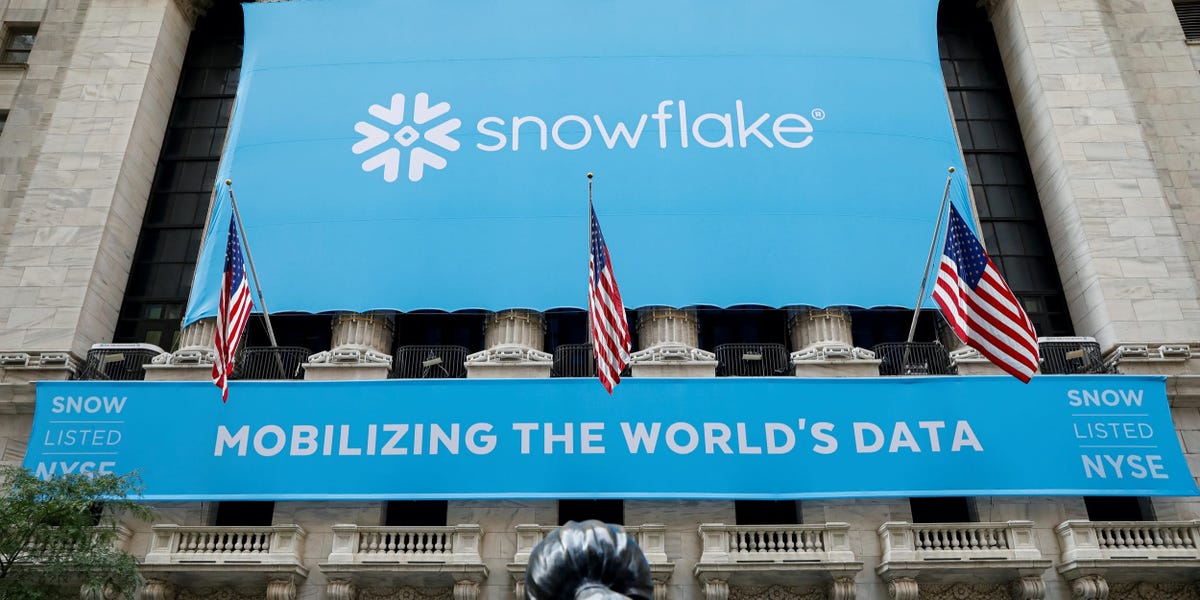- Venture capital-backed exits have slumped 40% in the first half of 2023, per PitchBook data.
- The lack of liquidity is making it even more difficult for VCs to raise new funds, analysts said.
- PitchBook’s Nalin Patel said LP money could become trapped in companies that were “overdue an exit.”
Venture capital-backed exits have continued to collapse in 2023, piling pressure on general partners already facing a torrid time trying to raise funds from institutional investors.
Venture-backed startups recorded $97 billion worth of exits through the likes of public listings or mergers and acquisitions in the opening half of the year, according to PitchBook data released on Thursday. This represented a 40% decline on the $161.4 billion worth of exits posted during the same period last year.
The dramatic drop-off in the share price of an array of recently-listed startups like Snowflake, Deliveroo, Expensify, and Wise has spooked many founders that were on the cusp of an initial public offering. In a performing exit market growth stage companies like fintech giant Stripe, buy now, pay later firm Klarna, and software firm Databricks may all have already gone public.
“A poor exit market globally will continue to offer a poor market for general partners raising funds, as LPs are receiving low distributions to recycle into the venture strategy,” said Kyle Stanford, a PitchBook senior analyst leading US coverage.
Nalin Patel, PitchBook’s EMEA lead, also said that future commitments from LPs could “dry up significantly as their money is trapped in companies that are overdue an exit.”
Exits dropped by 30.6% to $51.5 billion in the second quarter of the year, hitting their lowest quarterly total since the opening three months of 2018.
Ultimately, cash needs to be returned to LPs before they decide where to allocate future capital. This isn’t happening, and, as valuations take a beating, unrealized gains are also reduced. In all, this lowers LPs’ incentive to invest in the venture capital market.
In the US, exit value is on pace to finish the year at just over $20 billion, which would be the lowest in the past decade by almost $50 billion, Stanford said.
Despite the public markets showing positive returns on the year, going public is not a viable option for many VC-backed startups, he added. “Companies that were developed under the growth-at-all-costs mantra still need time to restructure their business models in a way that public market investors are willing to place a premium on, such as a well-developed path to profitability.”
It has led some VCs to tout discounted stakes in their portfolios in a frenzy to generate returns and retain LP appetite, Insider previously reported.
Meanwhile, the UK government is toying with reforms to make it easier for pension funds to invest in venture capital, which is commonplace in the US.
Merger and acquisition activity often flourishes in a downmarket and offers liquidity. However, global antitrust scrutiny has kept large acquisitions at bay, Stanford said.
Read the full article here





